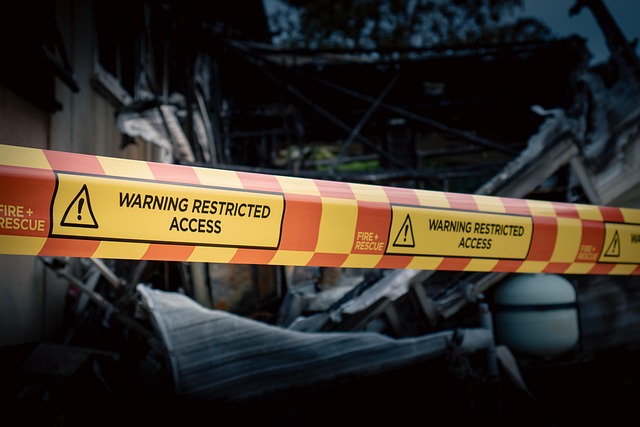When selling a fire-damaged home in Houston, Texas, strict property disclosure laws require sellers to reveal any known defects, including structural issues and fire damage history. This transparency is vital for buyers making informed decisions and ensuring awareness of the property's past before purchasing.
“Texas property disclosure laws are crucial when considering the intricate process of selling a fire-damaged house in Houston. This comprehensive guide navigates the legal landscape, specifically addressing what to disclose, potential exemptions, and buyer rights. We explore best practices for transparent communication, common misconceptions about fire damage disclosure, and strategies for mitigating risks. By understanding these key aspects, sellers can ensure a smooth process, fostering trust with buyers in the Houston real estate market.”
Understanding Texas Property Disclosure Laws

In the state of Texas, understanding property disclosure laws is paramount, especially for those looking to sell a fire-damaged house in Houston. These regulations are designed to ensure transparency between sellers and buyers, providing crucial information about potential risks or issues with a property. When a home has sustained fire damage, it’s critical to disclose this detail to buyers, as it can significantly impact their decision-making process and future repairs.
The Texas Property Disclosure Form is a legal document that requires sellers to reveal any known defects, including structural problems, water damage, or, in this context, fire damage. Sellers must provide an honest and accurate account of the property’s condition to avoid legal repercussions. For a fire-damaged house in Houston, this may involve disclosing the extent of the damage, the year it occurred, and any repairs carried out since, ensuring buyers are fully informed before making an offer or purchasing the property.
When considering a sale of a fire-damaged house in Houston, understanding Texas property disclosure laws is paramount. These regulations ensure transparency and protect both buyers and sellers during real estate transactions. By adhering to these guidelines, you can navigate the process smoothly, fostering trust and ensuring a fair deal for all parties involved, especially when dealing with potential structural or safety concerns like fire damage.






